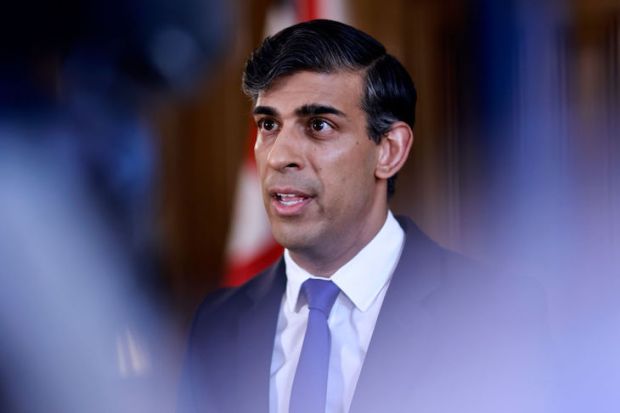When the government announced a Commons vote on its decision to cut the foreign aid budget from 0.7 per cent of GNI to 0.5, the expectation was that the vote would be tight. In the end, the government won comfortably: it had a majority of 35. But despite their success, the whips would be wrong to be feeling triumphalist about this, I write in the magazine this week
Twenty-four Tories voted against the government, 14 of which were former ministers. The overwhelming majority of these are either uninterested in returning to ministerial office or are only interested in doing so on their terms. This means the usual whips’ line — if you keep your nose clean preferment might come your way — is ineffective. This group is essentially unwhippable. There will be other issues on which they rebel.
The worry for the government is that the aid vote is far from the most difficult they will have to get through this parliament. Yes, 0.7 was a manifesto commitment, but the reduction is also accepted by the party membership and, rarely for a cut in public expenditure, it is actually popular with the public. Votes on issues that directly affect MPs’ constituents — planning reform, social care and possibly vaccine passports — will be much harder for the government.
On planning, those involved in the government’s effort to work out Commons arithmetic think that Downing Street doesn’t have the numbers unless significant concessions are offered. Vaccine passports would also be difficult to get through; just look at how 30 Tory MPs voted against requiring care workers to be vaccinated. Finally, there’s social care and the vexed question of how any reform can be paid for when the Tory manifesto rules out any increase in income tax, National Insurance and VAT.
At first glance, the government’s position looks strong. It has a large majority, a sizable lead in the opinion polls and is up against an opposition leader who has struggled to make much of an impression with the public. The next few years, though, will be much tougher for them than this suggests.
Got something to add? Join the discussion and comment below.
Get 10 issues for just $10
Subscribe to The Spectator Australia today for the next 10 magazine issues, plus full online access, for just $10.




















Comments
Don't miss out
Join the conversation with other Spectator Australia readers. Subscribe to leave a comment.
SUBSCRIBEAlready a subscriber? Log in